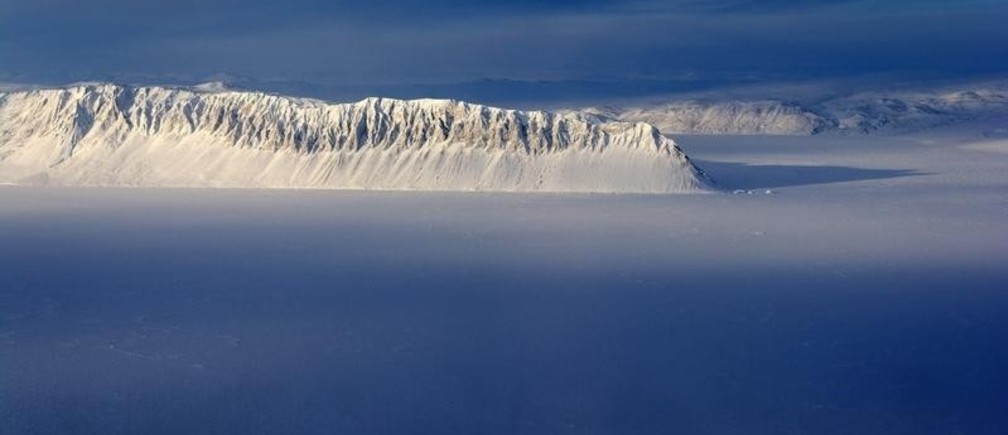The last piece of summer sea-ice in the Arctic is expected to melt away in just 23 years, three decades earlier than previously expected.
The last piece of summer sea-ice in the Arctic is expected to melt away in just 23 years, three decades earlier than previously expected.
Scientists now believe that the summer of 2040 will see the end of the frozen north pole after a rapid shrinking of the ice coverage in recent years, according to a report from the Arctic Council.
The scientific policy group of the eight countries with territory in the Arctic Circle says that over the past 30 years, the minimum coverage of summer ice has fallen by half while its volume has fallen by three-quarters. This change has profound implications, beyond those countries that have a direct stake in the region.
On the upside, the Arctic Council foresees increased shipping once the sea-ice has disappeared. Using the route across the top of the world to sail from northern Europe to north-east Asia can cut the length of voyages by two-fifths compared with travelling via the Suez Canal.
But even in the summer, the Arctic ocean can be stormy and unpredictable and may become more so as the planet warms. It is certainly not the easy option, despite the shorter journey.
So while there may be a limited benefit to the end of summer ice, it is far outweighed by the risks.
The world’s winds are driven partly by the temperature difference between the north and south poles and the tropics. With the Arctic heating faster than the tropics, this difference will decrease and wind speeds will slow, possibly disrupting the northern jet stream and leading to more extreme weather.
weforum.org


